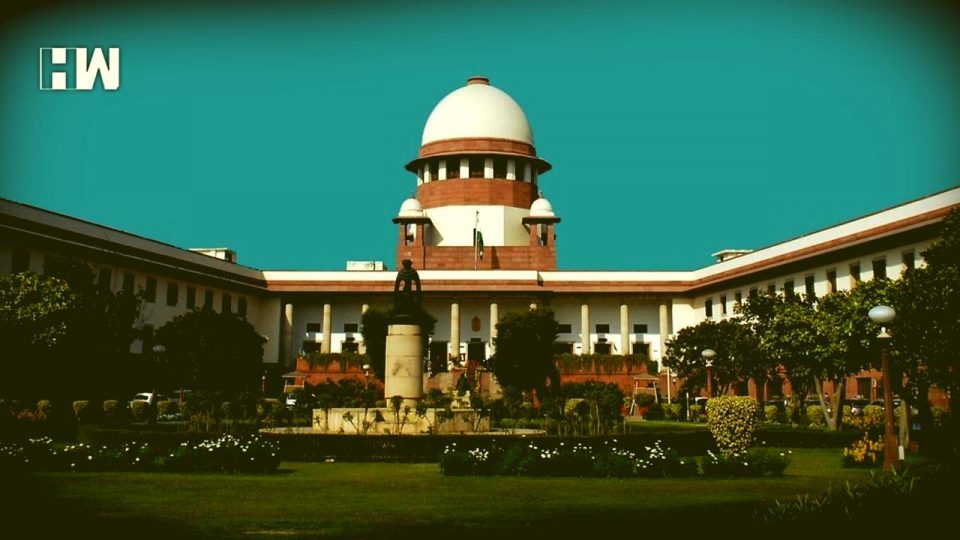New Delhi | The judiciary has “constricted power” to review the decision of procuring 36 Rafale fighter jets as it was crucial to the nation’s sovereignty and the government has far “more leeway” in such matters, the Supreme Court said on Friday.
The top court, which junked pleas challenging the deal between India and France for procurement of Rafale jets, dealt extensively in its verdict with the scope and ambit of judicial review of such decisions, including on defence procurement, taken by the government.
Holding that the apex court has “constricted power of judicial review”, a bench headed by Chief Justice Ranjan Gogoi said, “the scrutiny of the challenges before us…will have to be made keeping in mind the confines of national security, the subject of the procurement is crucial to the nation’s sovereignty”.
The bench, also comprising Justices S K Kaul and K M Joseph, said the deal in question did not pertain to the construction of road or bridges. “We also cannot lose sight of the tender in issue. The tender is not for construction of roads, bridges, etc. It is a defence tender for procurement of aircraft. The parameter of scrutiny would give far more leeway to the Government, keeping in mind the nature of the procurement itself.
“The triple ground on which such judicial scrutiny is permissible has been consistently held to be ‘illegality’, ‘irrationality’ and ‘procedural impropriety’,” it said. The top court said however that the scope of judicial review would vary with the subject matter of the contract and there cannot be any uniform standard which could be understood as an “across the board principle to apply to all cases of an award of work or procurement of goods/material”.
Referring to various judgments, it said the award of contracts is essentially a commercial transaction and such decisions are “not open to judicial scrutiny unless it is found that the same have been tailor-made to benefit any particular tenderer or a class of tenderers”.
As an independent media platform, we do not take advertisements from governments and corporate houses. It is you, our readers, who have supported us on our journey to do honest and unbiased journalism. Please contribute, so that we can continue to do the same in future.

